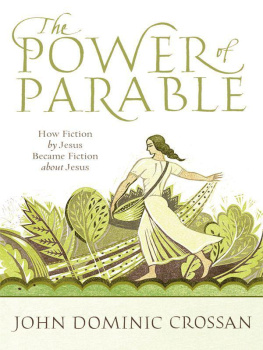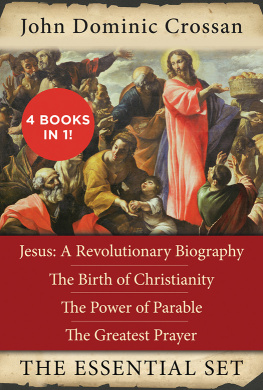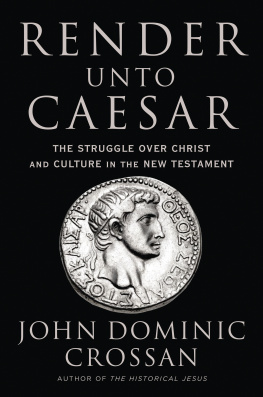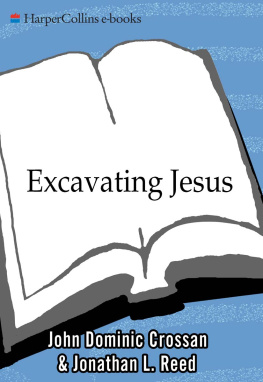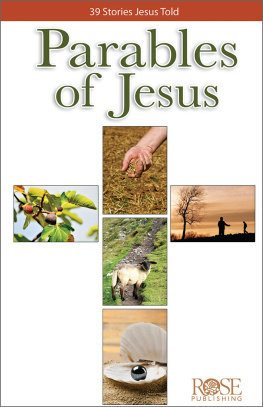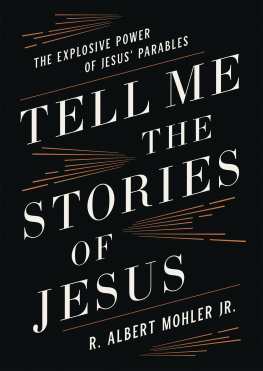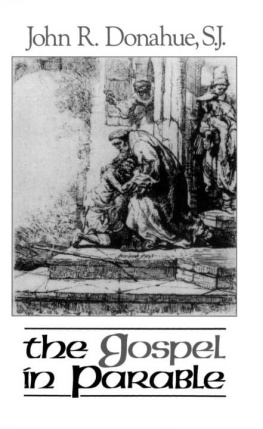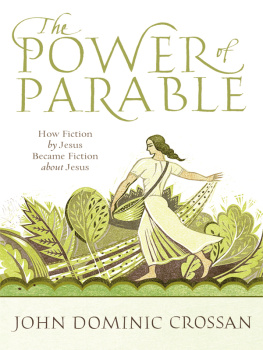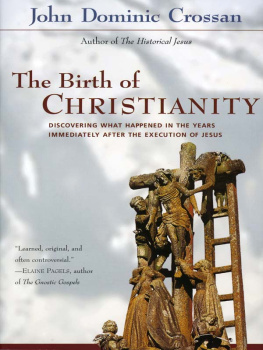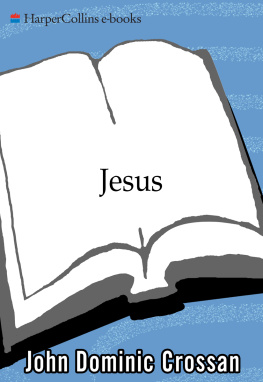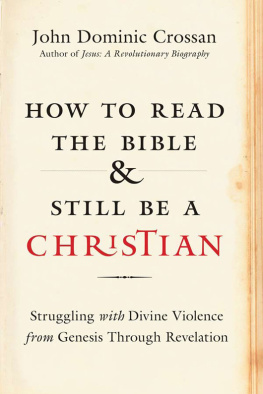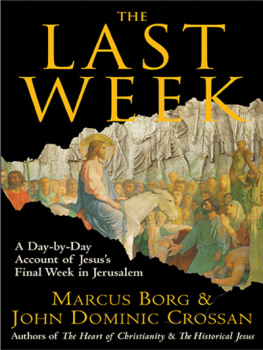Fresh images beget.
W. B. Yeats, Byzantium
Story and Metaphor
I N THE SUMMER OF 1960 I was a monk and a priest in the Servite monastery high on the Janiculum hill in Rome and halfway through two years of postdoctoral research at the downtown Pontifical Biblical Institute. Rome was preparing for the Olympic Games in late August and so, apart from its standard heat, the city promised too much construction and too many people. (Even the pope abandons the Vatican in August for cool Castel Gandolfo among the Castelli Romani in the nearby Alban Hillsa sure if minor proof of his infallibility.)
That August I was grateful to receive an obediencethe monastic equivalent of a soldiers ordersto leave Rome for Lisbon, meet an American group there, and chaplain them around the major Roman Catholic pilgrimage sites in western Europe. These included Fatima and Lourdes for the Virgin Mary, Lisieux for St. Thrse, Monaco for Grace Kelly, and Castel Gandolfo for John XXIII. And then it happened.
As our group traveled slowly by bus from Rome to Paris for its homeward flight, we stopped at Oberammergau in the foothills of the Bavarian Alps to attend its Passion play, a five- to six-hour dramatization of Jesuss final week on earth. It is performed by the villagers every decade on the decade in gratitude for deliverance from bubonic plague in 1634. It was not performed, of course, in 1940, but it returned in 1950 with both Chancellor Adenauer and General Eisenhower in attendance.
In other words, what we saw in 1960 was the unchanged play that Hitler saw before his election in 1930 and again after it in 1934, for its special three hundredth anniversary. But that early September day in 1960 I had not yet read Hitlers enthusiastic comment about it:
It is vital that the Passion Play be continued at Oberammergau; for never has the menace of Jewry been so convincingly portrayed as in this presentation of what happened in the times of the Romans. There one sees in Pontius Pilate a Roman racially and intellectually so superior, that he stands out like a firm, clean rock in the middle of the whole muck and mire of Jewry.
That obscene review came in July 1942, about the time the German armies were beginning their fateful push toward Stalingrad. But, if I did not know of Hitlers commentary, I certainly knew the sequence of what happened in Christianitys Holy Week from both monastic liturgy and biblical study.
What I did not expect was that a story I knew so well as written text was so profoundly unconvincing as enacted drama . The play started early in the morning with Palm Sunday, and the huge stage was filled with a crowd shouting approval and acclamation for Jesus as he entered Jerusalem. But by late afternoon the play had progressed to Good Friday, and that same huge crowd was now shouting condemnation and demanding crucifixion. But nothing in the play explained how the crowd had changed its mind so completely.
I wondered if that infamous scene in which the crowd claims responsibility for Jesuss death by shouting, His blood be upon us and upon our children, was fact or fiction. It did not seem convincing as history. What was the reason for the crowds change of attitude from acceptance to rejection? Could this story function more as parable than history?
This insight led to others. If it were parable, that is, a fictional story invented for moral or theological purposes, then there were not only parables by Jesuslike that of the Good Samaritanbut parables about Jesuslike that of the lethal crowd in this Passion play. And, further, there were not only parables of light, but parables of darkness. The factual history of Jesuss crucifixion had become parableparabolic history or historical parable, if you wish, which Ill return to in more detail laterand from it, in the terror of time, theological anti-Judaism would spawn racial anti-Semitism.
In June 1967, I returned from a two-year sabbatical at the French School of Archaeology just north of the Damascus Gate of Old Jerusalem. I leftthe technical term is fledjust before Old Jerusalem passed from Jordan to Israel in the Six-Day War. During the next two years, before I left monastery and priesthood for DePaul University in 1969, I was teaching at two seminaries in the Chicago area. One of my courses was on the parables by Jesus and the other was on the resurrection stories about Jesus.
With these courses I was back to exploringas before at Oberammergauthe interface of parable and history. I had observed that the parabolic stories by Jesus seemed remarkably similar to the resurrection stories about Jesus. Were the latter intended as parables just as much as the former? Had we been reading parable, presuming history, and misunderstanding both, at least since literalism deformed both pro-Christian and anti-Christian imagination in response to the Enlightenment? Think, for example, of the Jerusalem to Jericho road with its Good Samaritan and the Jerusalem to Emmaus road with its Incognito Jesus after the resurrection. Most everyone accepts the former (Luke 10:3035) as a fictional story with a theological message, but what about the latter (Luke 24:1333)? Is the latter story fact or fiction, history or parable? Many would say this latter story actually happened. But why is that so, when just a few chapters earlier a similar story is considered pure fiction, completely parable? We need to look at that question a little closer.
A first clue that the Emmaus road story was meant as parable and not history is that when Jesus joins the couple on the road, they do not recognize him. He is, as it were, traveling incognito. A second clue is that even when he explains in detail how the biblical scriptures pointed to Jesus as the Messiah, they still do not recognize him. But the third and definitive clue to the storys purpose is in the climax, and it demands full quotation:
As they came near the village to which they were going, he walked ahead as if he were going on. But they urged him strongly, saying, Stay with us, because it is almost evening and the day is now nearly over. So he went in to stay with them. When he was at the table with them, he took bread, blessed and broke it, and gave it to them. Then their eyes were opened, and they recognized him; and he vanished from their sight. They said to each other, Were not our hearts burning within us while he was talking to us on the road, while he was opening the scriptures to us? (Luke 24:2832)
That is parable, not history. The Christian liturgy involves both Scripture and Eucharist with the former as prelude and prologue to the latter. So also with the twin components of the Emmaus story. First comes the Scripture section, but even with Jesus as its interpreter the result is burning hearts, that is, hearts ready to dobut to do what? In the Eucharist section we get the answer to that question. It is to treat the stranger as oneself, to invite the stranger into ones home, to have the stranger share ones meal. And it is precisely in such a shared meal that Jesus is recognized as presentthen, now, always. That is why the key verbs took, blessed, broke, and gave in the Emmaus storys climax were also used in the Last Suppers Passover meal before Jesuss execution (Mark 14:22).

